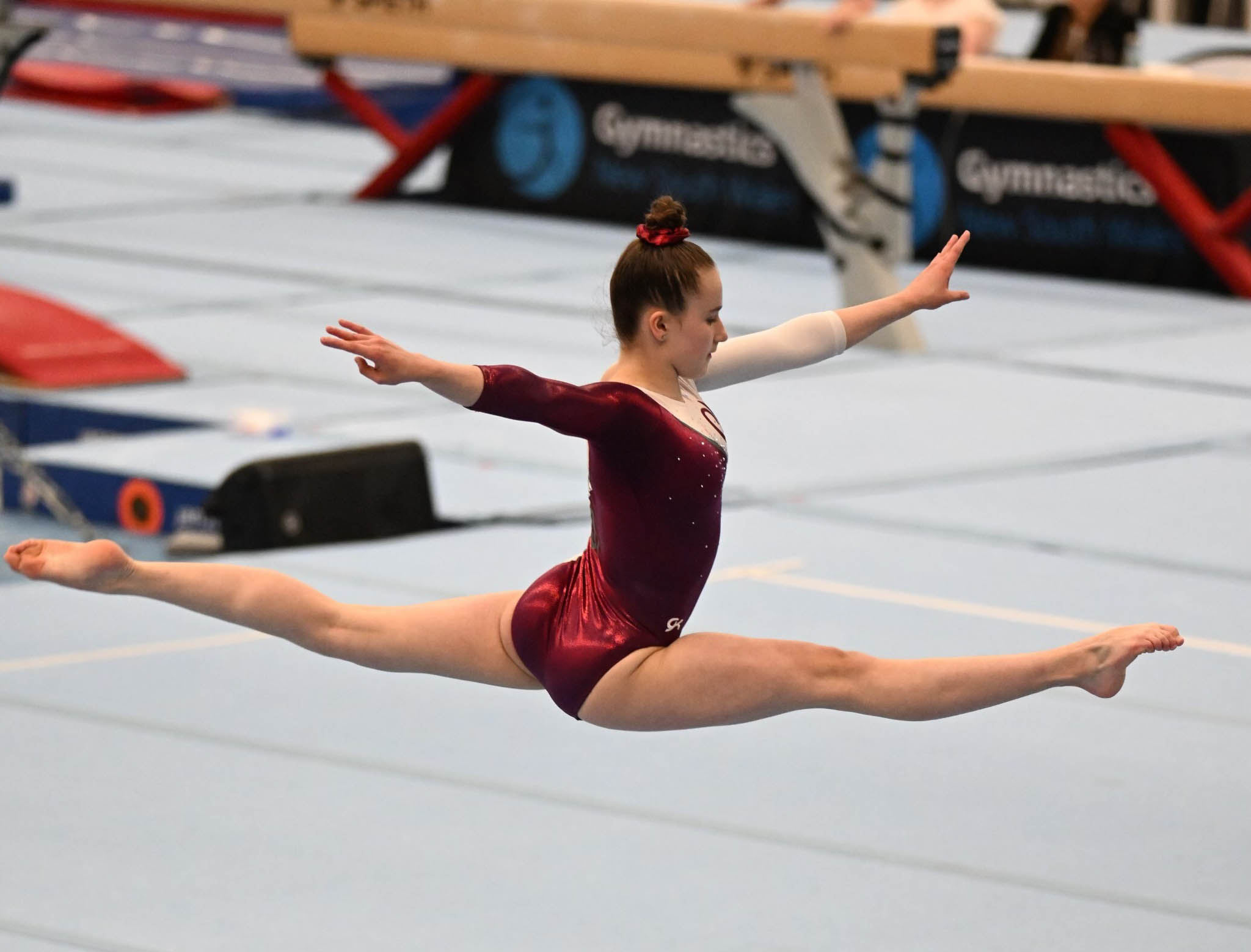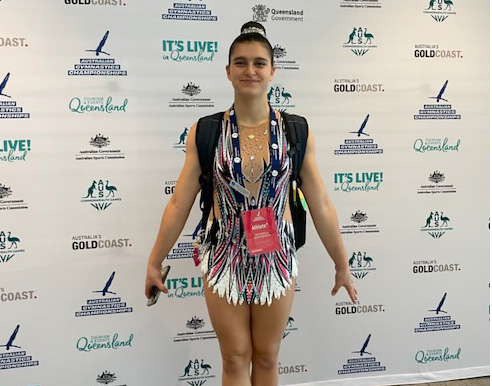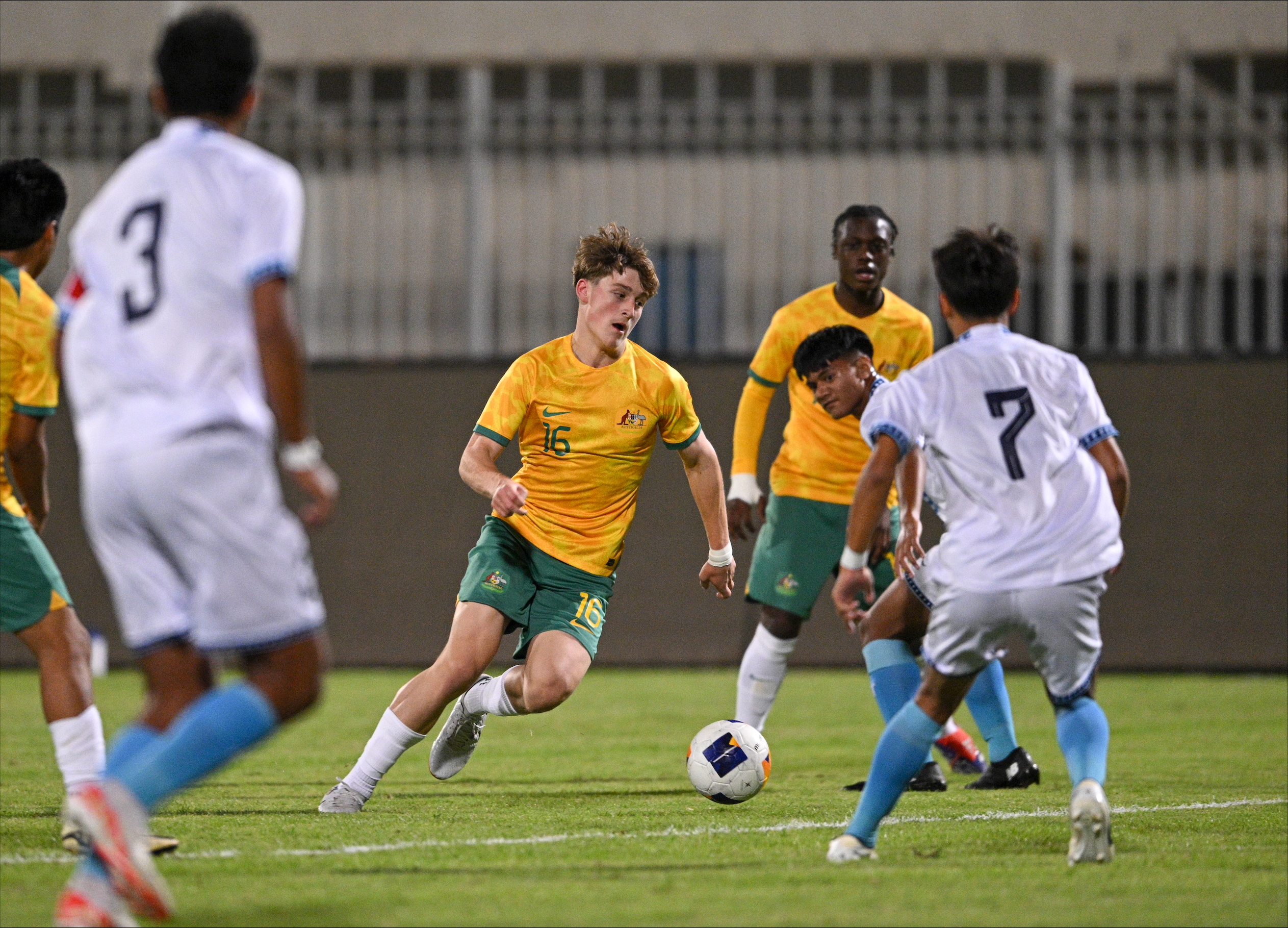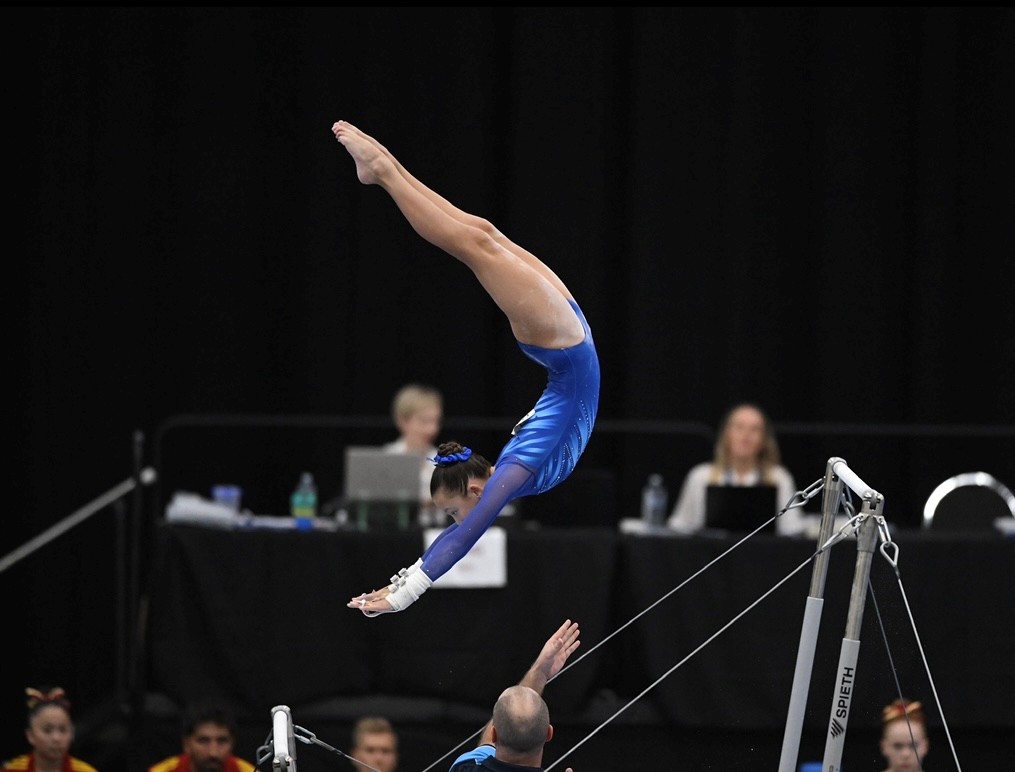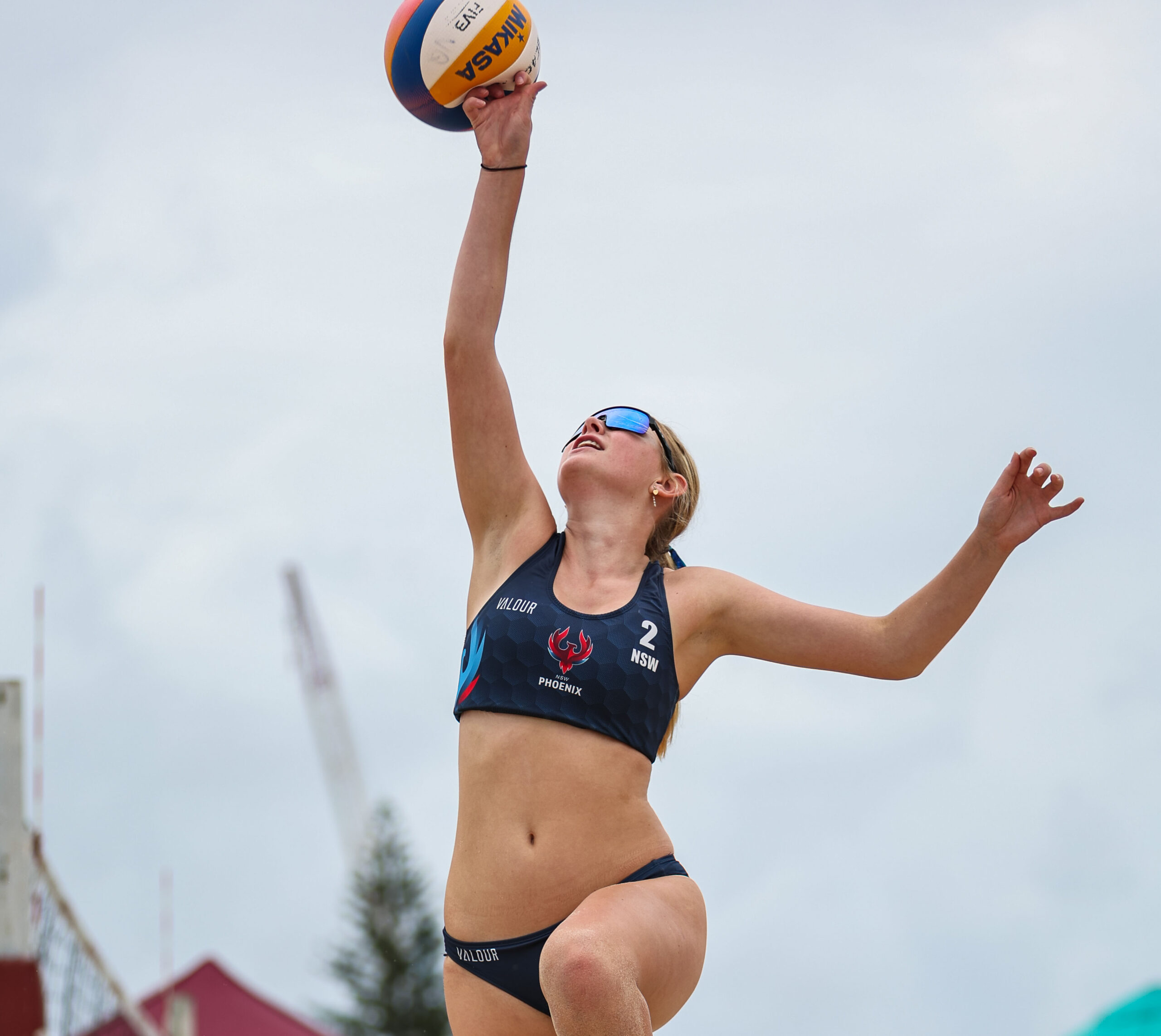Where every student matters
At Pittwater House, student wellbeing is at the heart of everything we do.
Our school-wide approach to pastoral care is built on strong policies, intentional teaching practices, ongoing professional development, and the vital partnership we share with families and the broader community.
It all works together to help shape students into what we call HEROIC Citizens – young people with empathy, self-awareness, responsibility, and the confidence to make wise choices in an ever-changing world.
Hierarchy of care
When your child joins Pittwater House, they’re welcomed into a strong network of care.
Every student from Years 7 to 10 is placed in a single-gender Form group, aligning with our twin-schooling model. In Years 11 and 12, Form groups become co-educational, supporting senior students’ transition into adult life.
Each Form group is led by a dedicated Form Teacher – the first point of contact for students and families. They’re supported by Year Coordinators, who guide and nurture students throughout their schooling, all under the leadership of the Heads of School.
This entire framework is supported by the Deputy Principal, Principal, and a wider team of trained professionals, including experienced school counsellors, to ensure no student ever slips through the cracks.
Student Health Team
Health Centre
Our on-site Health Centre is open Monday to Friday from 8:30am to 3:30pm and staffed by registered nurses.
They provide care for the entire school community, including administering medication and coordinating the school-based immunisation programs.
Counsellors & wellbeing professionals
Our counsellors work closely with students, teachers and families to address the day-to-day challenges students may face – from managing stress to navigating social or academic hurdles.
When more specialised care is needed, students are referred to trusted professionals with experience in youth mental health. These external practitioners work collaboratively with our in-house team to provide continuity of care.
Structured Form-Time programs
Our Form-time programs are carefully designed to reflect each student’s developmental stage. Set by the Heads of Grammar and College, these sessions cover essential areas like:
-
Personal organisation, critical thinking and healthy habits
-
Connection and empowerment
-
Friendships, resilience, and emotional intelligence
Depending on the focus, programs may be led by Form Teachers, Year Coordinators, student leaders (such as SRC, CUP or Big Bros Program), or expert external facilitators.
External pastoral programs & events
We work with expert outside providers to deliver programs that support each student’s emotional, social and moral development to help them grow into confident, self-aware individuals who respect others and value community.
These age-specific programs are embedded throughout the senior years and may also involve parents. They focus on topics such as:
-
Drug education and road safety
-
Cyber safety and digital wellbeing
-
Disrupting gender stereotypes
-
Consent and respectful relationships
- Building connections
-
Positive psychology and resilience-building.
Student-led peer support programs
At Pittwater House, student voice and leadership start early and are essential to our thiving community.
Student Representative Council (SRC)
Led by our Senior Prefects, the SRC includes elected representatives from Years 7–12 across both the College and Grammar. They help shape student life, raise concerns, and contribute meaningfully to school-wide decisions.
CUP – College Union Program (Girls’ College)
CUP creates vertical wellbeing groups where girls can connect across year levels and discuss relevant topics in a safe, nurturing space. It strengthens friendships, fosters respect, and builds a close-knit College culture. The program was founded by a former Head Girl – a testament to its student-led spirit.
Big Bros Program (Boys’ Grammar)
Created by former Grammar student leaders, the Big Brogram is built on the idea that real courage means knowing when to ask for help. Senior boys mentor younger peers in small groups, opening honest conversations about mental health, resilience and what it means to support each other.
Leadership Opportunities
Across both the Boys’ Grammar and Girls’ College, students are encouraged to step into roles that grow their confidence, responsibility, and real-world readiness.
Leadership positions are offered at every stage, from guiding assemblies and planning events, to engaging in community activities and mentoring younger peers.
Leadership Programs:
-
Stage 4: (Years 7 & 8): Focused on service, school involvement, and inspiring peers
-
Stage 5 (Years 9 & 10): Focused on improving student experience, supporting local charities, and building connections with the Junior School
- Stage 6 (Year 11): Focused on school programs and events
-
Prefect Roles (Year 12): Students may be nominated as:
-
Head or Deputy Prefect
-
House Captain
-
SRC Leader
-
Portfolios such as: HEROIC, Sport, Performing Arts, Community or Charity Prefect.
-
Camps
Our camps are an essential part of student development.
Each year level attends a purpose-designed camp that builds independence, leadership, resilience, and connection to others, all while reinforcing our HEROIC values.
We also hold parent briefing nights before each camp to ensure families feel informed and involved.
Here’s what each year group experiences:
Our PH Elite Athlete program
Our PH Elite program recognises the significance of fostering talents in both the sporting arena and the performing arts stage.
Your aspiring star will be supported and mentored by our Elite Athlete and Performer Advisor, who is committed to empowering students with a holistic approach, aiding them in navigating the delicate balance between academic commitments and pursuits in athletics or the arts.
It is important to note that eligibility criteria apply to this program, and levels of support are contingent upon the impact of the student’s training commitments on school life.

